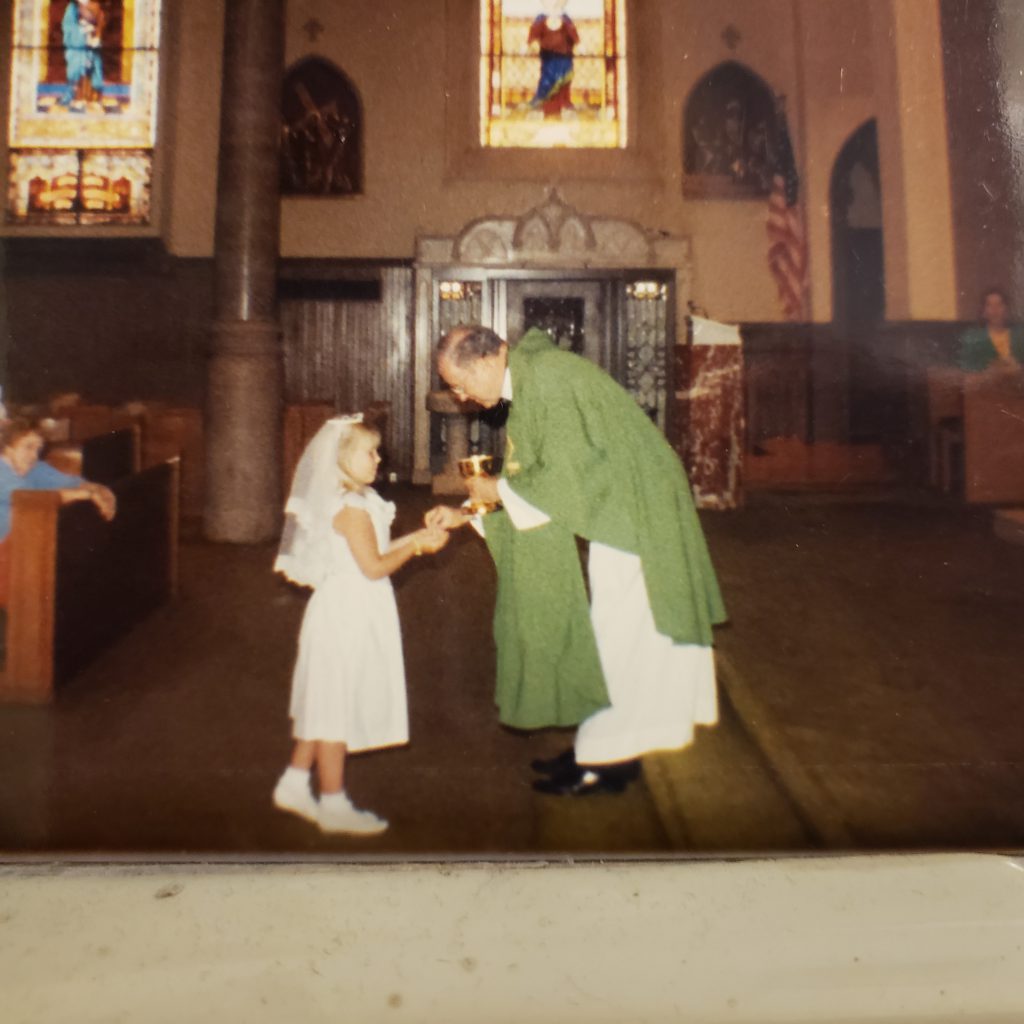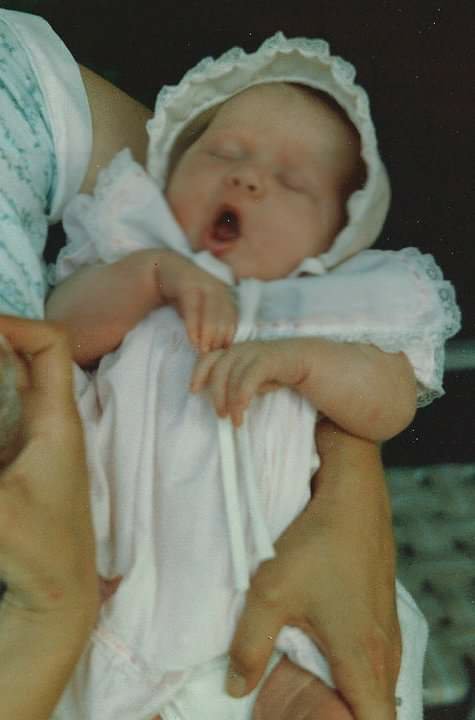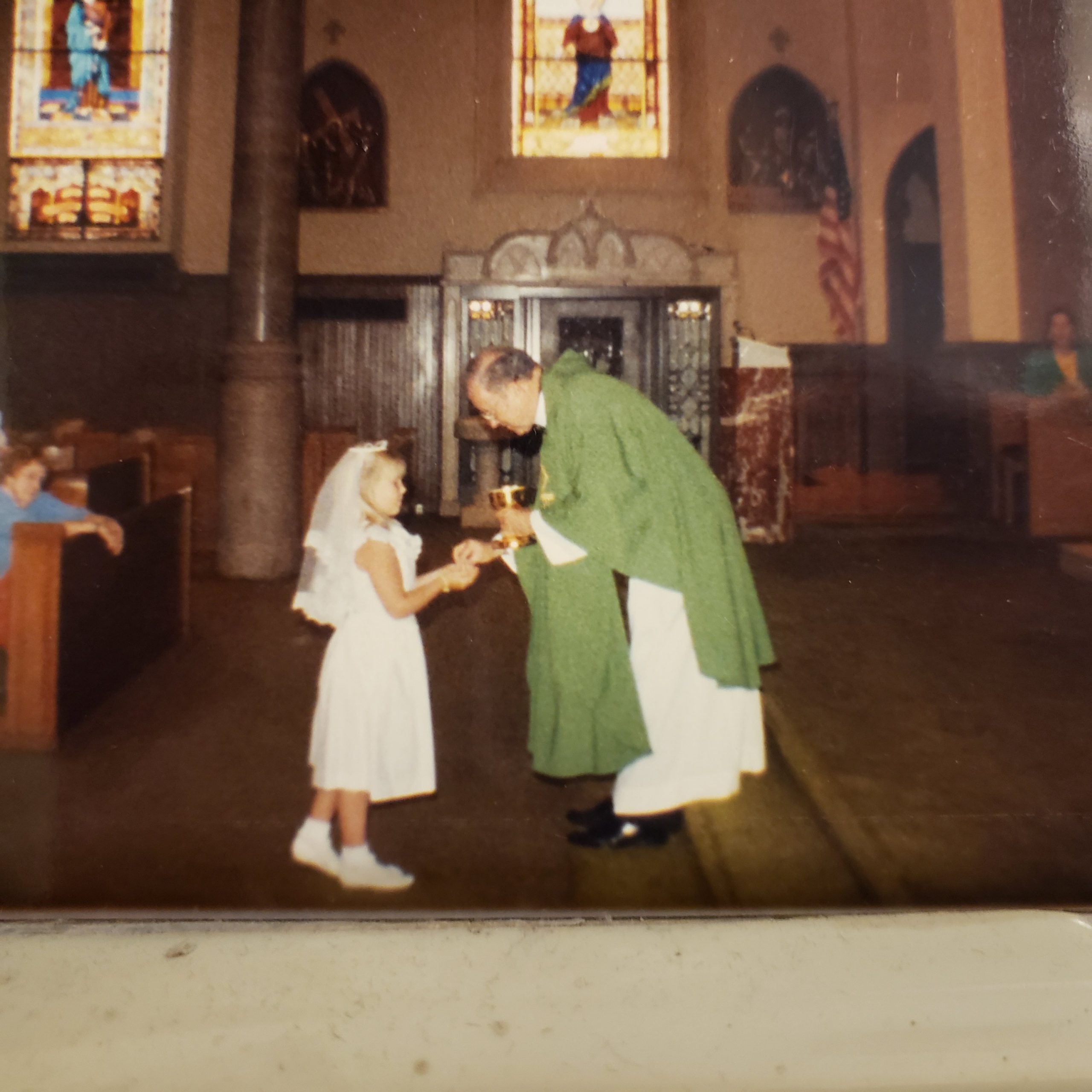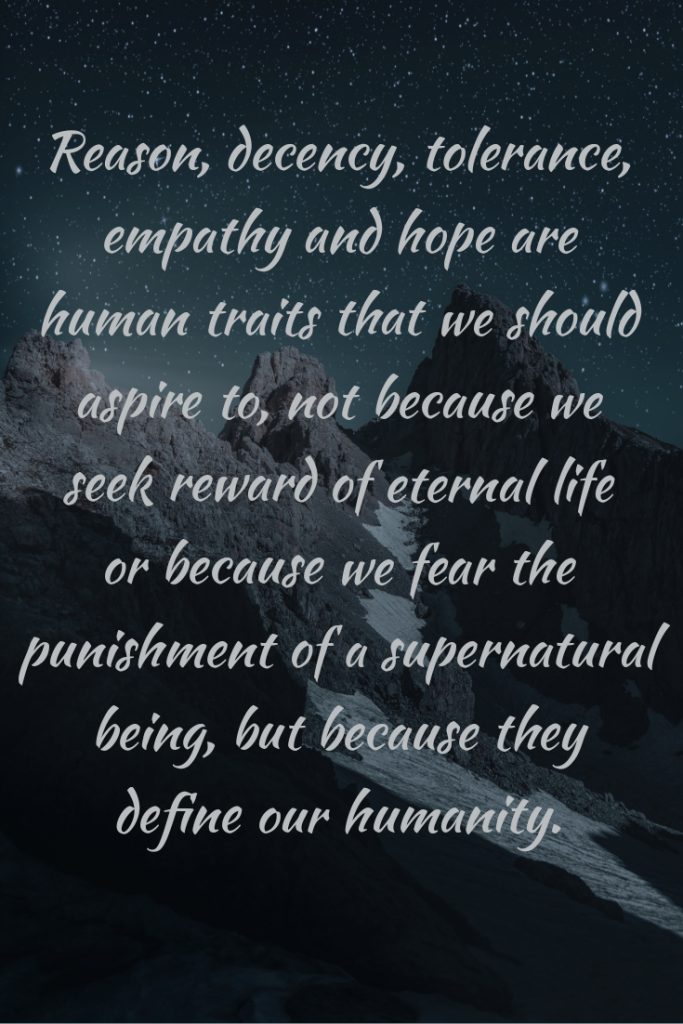
As I jokingly call myself a “Recovering Catholic,” I struggle to put into words the question that was just asked of me:
What exactly do you believe in, if it’s not God?
The truth is, I honestly don’t know. What I do know is that I don’t exactly fit into any religion. I don’t really think there is some all powerful man staring down from the heavens watching all of us, but I’m not above believing in so called “miracles” or forces that are beyond my comprehension. I’ve thought a lot about this since realizing that I could no longer be Catholic. For those of you who are curious, my realization came after admitting to myself that I honestly didn’t believe in transubstantiation. Transubstantiation is the process during communion when the wafers and wine transform into the body and blood of Christ- a major tenet of Catholicism. I already had some issues with the church that I was struggling with- from the treatment of those in the LGBTQ community to only men being allowed to be priests, but that one realization made it clear I was no longer in the right community. Since then, I’ve explored other religions and haven’t found anything that I can get behind 100%.
While I personally find most organized religion to be somewhat unappealing, I don’t necessarily feel religion itself is a bad thing. I do however struggle with the hypocrisy. I’ve met a significant amount of people who say they believe in certain religious values, yet they don’t actually practice said values in their every day lives. It feels like for most individuals, church is either a place for socializing, what they’ve always done without questioning, or a way for them to feel like they have some kind of “moral licensing” over others. That’s not to say that there aren’t true believers who live up to their religious beliefs out there, but I’ve seen enough people that don’t to make me leery.
Raising Secular Children
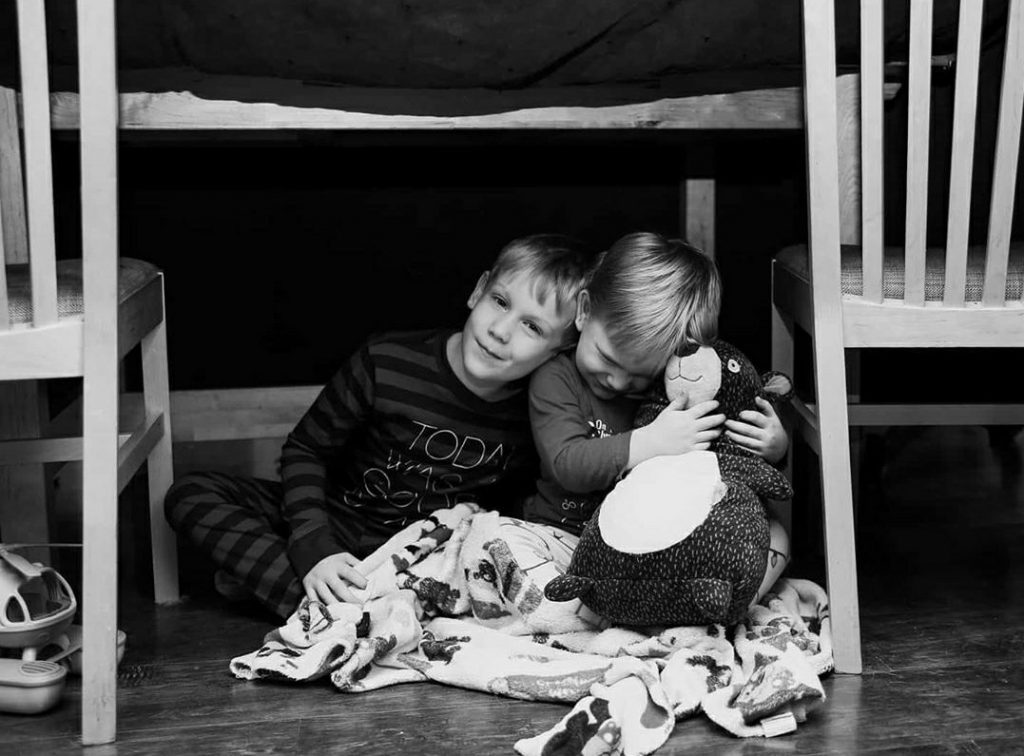
Personal experiences aside, I don’t want my children to treat other humans with compassion because some mysterious higher power told them to, or because they are afraid of the fiery depths of hell. I want them to be good humans simply because it’s the right thing to do. This is how we should treat all humans, regardless of their age, gender, race, sexual preference, size, religion, etc.
Granted, many individuals learn selflessness, generosity, and gratitude through religion — because religion does instill these values — countless others do not. Forgiveness isn’t exclusive to religion. Thankfulness isn’t exclusive to religion. Empathy and understanding are not exclusive to religion. Religion and morality are not inextricably linked — because religion doesn’t make good people. People make good people.
Dealing With The Big Questions
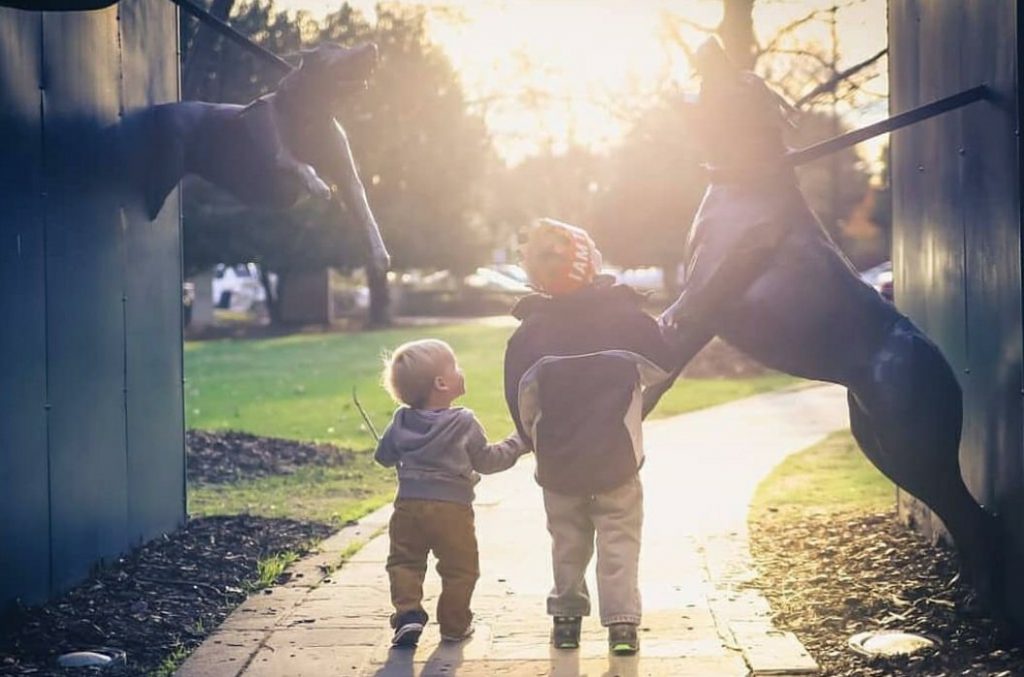
I won’t lie, sometimes it would be nice to have religion as a backup for those “big” questions, about things like death, life, differences, and morals. There is a certain comfort that comes from having a God like figure in your life, knowing that he is taking care of you and loved ones as well as feeling like there is some greater plan to your life. So how do we handle these types of questions?
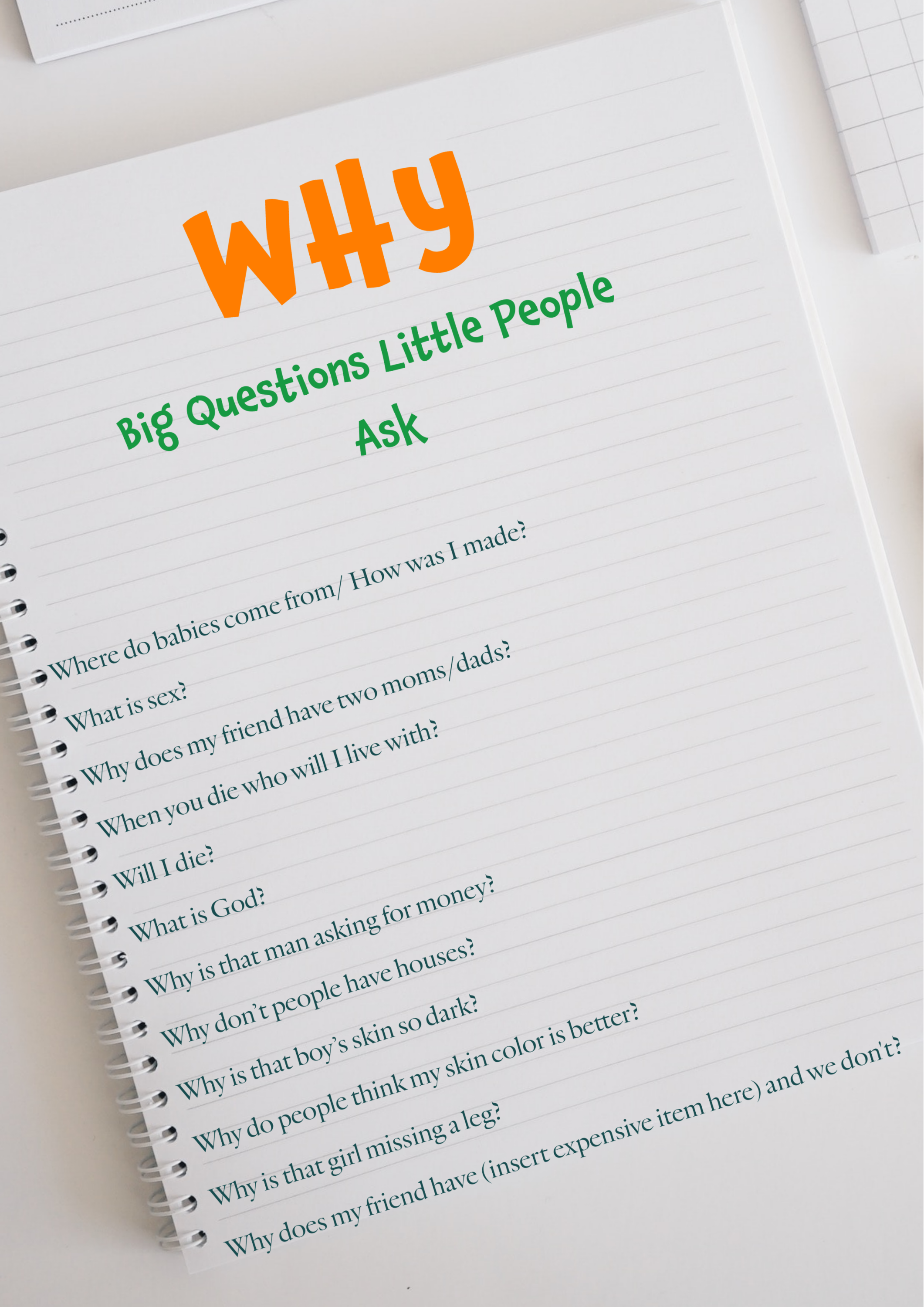
I’ve found that just being as honest and compassionate as possible is usually the best path. Children can handle the truth as long as it’s presented in a way thats suitable to their age level. I have a few great examples of this:
Over the summer, Everett finally started getting interested in why girls had a “fahchina” aka vagina. My first explanation involved the most basic details. I explained that it was essentially the female version of a penis and that it just looked and acted a little differently.
This explanation held him over for a couple weeks, then he came up to me and asked again. The simple explanation didn’t work. He wanted to know how they worked and why I was bleeding. So I explained it in very basic scientific terms and showed him a kids anatomy book so he could see a woman’s reproductive system. He thought it was super neat and hasn’t asked a question about it since.
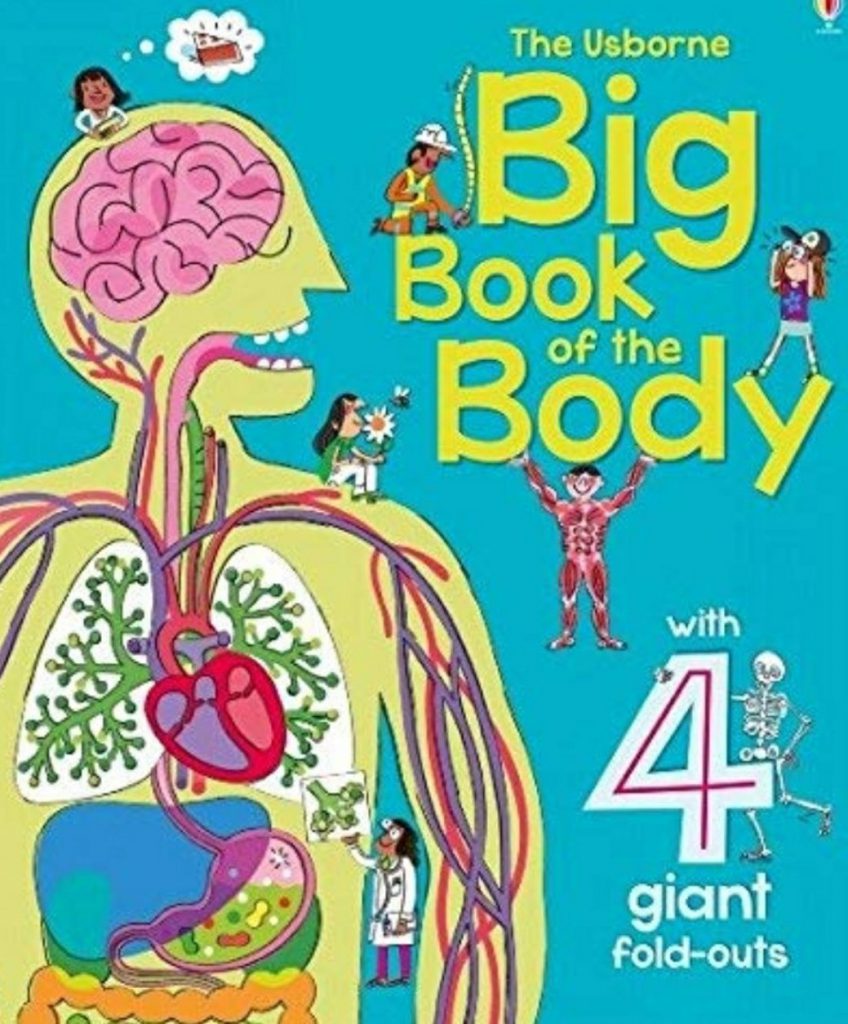
My other example deals with death. Last fall when Everett’s pet rabbit, Snowball unexpectedly passed away, I really struggled with how to best comfort him. It would have been so easy to tell him that his rabbit went to live in bunny heaven and was having the time of his (after)life. The scientific approach, ie explaining the life cycle, also didn’t work with Everett. He didn’t believe the bunny was truly gone until he saw the dead bunny, then insisted that after the bunny went into the earth it would come back, (side note: how terrifying would that be ?♂️?), and kept asking us to dig the rabbit up to make sure (we didn’t).
Obviously, only time really heals a broken heart, but what really helped Everett the most was writing the bunny a letter that we buried beside his grave (so Snowball would know how much he was loved). We also planted some flowers on top of the grave, so Everett had a visual representation of how Snowballs memory could be kept alive.
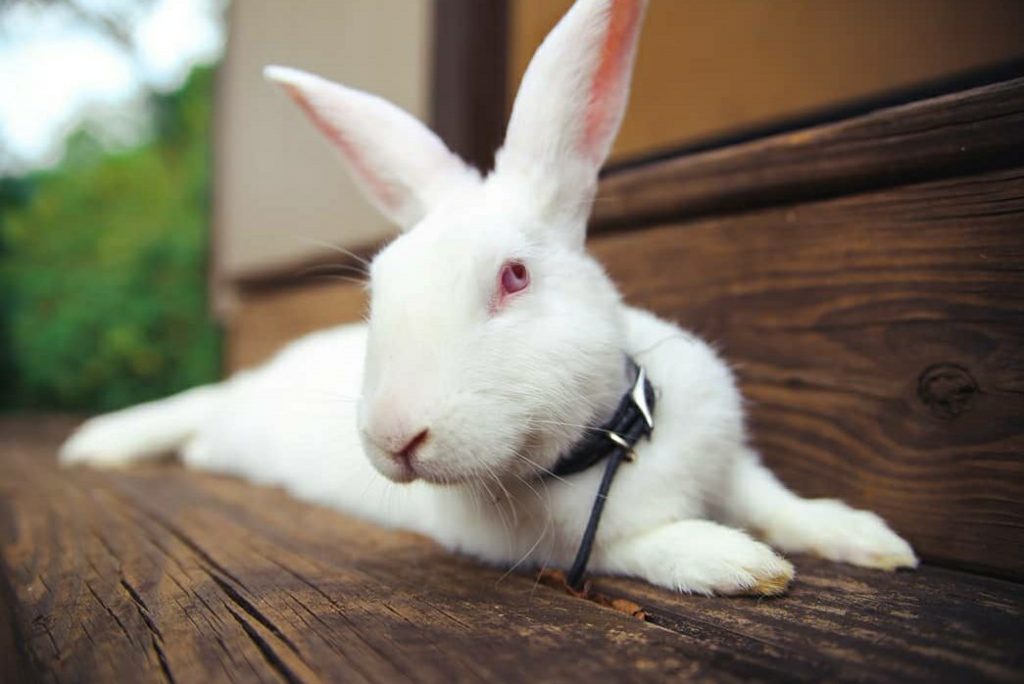
Given that I feel that everyone should be treated equally, I don’t feel right forcing a religion onto the boys- it should be their choice. My husband and I may identify as nonreligious, but we both believe our children deserve the right to make their own choice on the matter. We plan on exposing them to various options once they start having questions. We hope to do this as unbiased as possible, but we will be honest with them about why we chose to be secular.
Living in the Bible Belt and being secular can be isolating, so I can understand if they want to join in with their peers when they are older. Our goal is to simply make sure that they understand what their choices are and to let them pave their own path.

